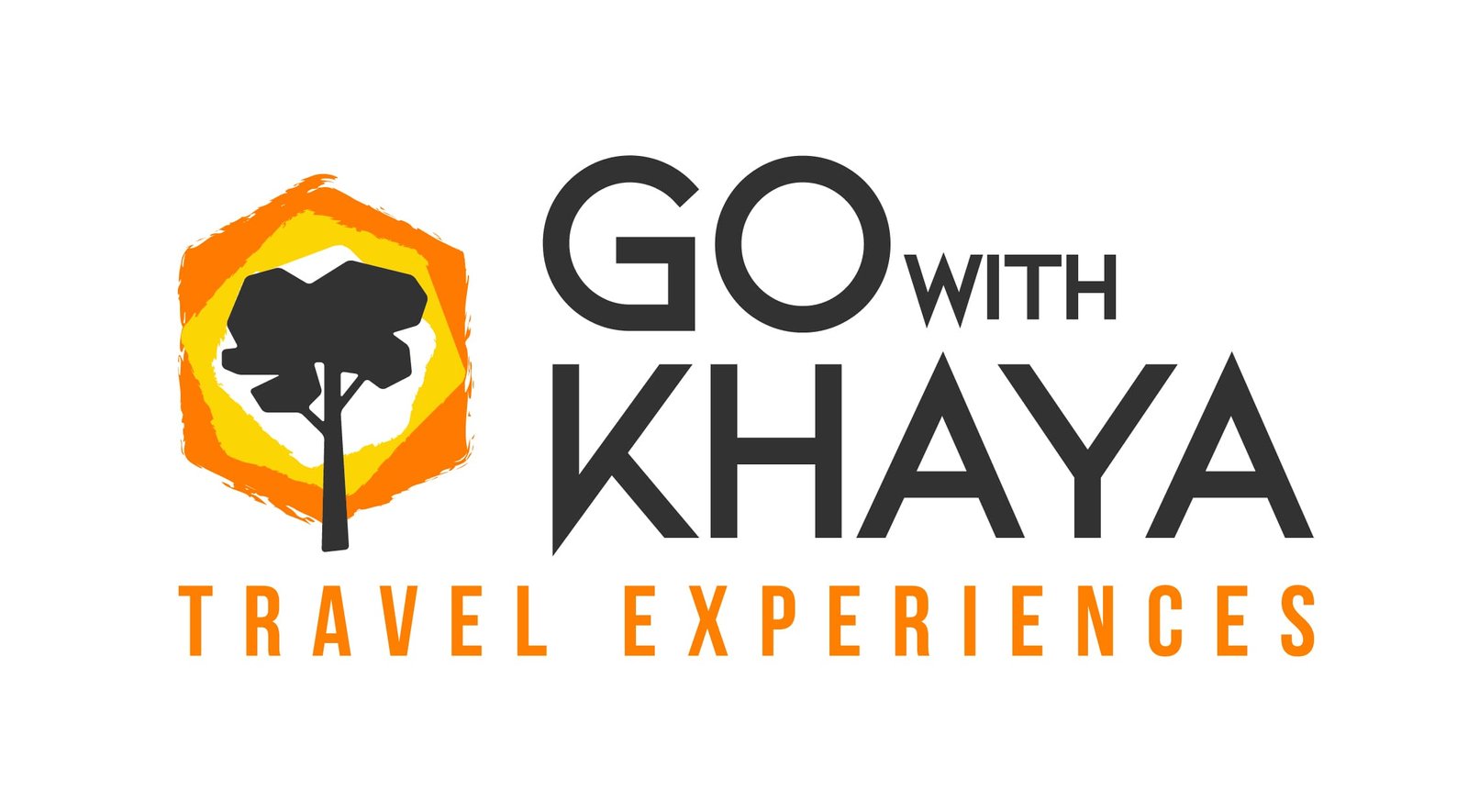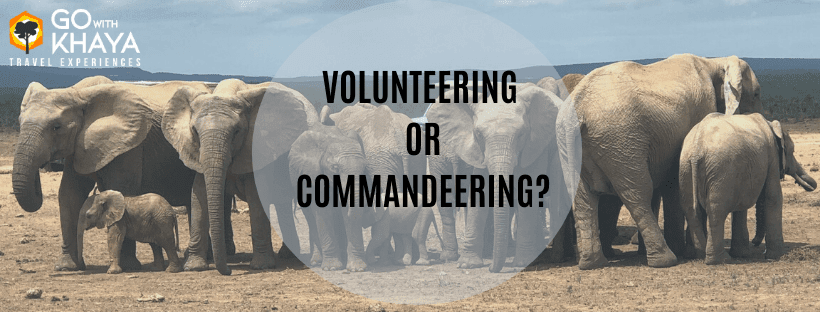With so many people looking for unique travel experiences around the globe there is a big pull towards volunteering experiences, working with youth and wildlife. This change from unknown ways of traveling towards a more mainstream accessibility to short term volunteering brings its own challenges.
One of the challenges is that volunteers are often locked in on what they can gain, experience and their preconceived expectations of how things “should” happen. This is absolutely a natural and logical approach as planning and dreaming is part of the joy of traveling and after all, volunteers pay for services such as accommodation, meals, transport & local support. But this also creates a challenge to find middle ground between all stakeholders e.g. the project and its beneficiaries, the organizing organization looking after visitors and the individual or group that come and volunteer.
At Go with Khaya we believe this challenge actually allows for a win-win-win situation where all stakeholders involved benefit from cooperation and collaboration. This implies we need to find balance between expectations and communicate about what each party needs and wants from this experience. Without a good balance the scale can tip too far to one side of the triangle; a volunteer could be too dictating of what he or she wants without thinking about what the project needs, what is practical and sustainable or a project might lack guidance on how to utilize the volunteers and their skills for maximum impact.
This means that apart from being the facilitator of the practical needs of interns and volunteers and to look after pick-ups, welcoming, providing information and safety but also meals, transport, fun things to do and a living situation that can be enjoyed by so many living together, there is more to the role of coordinating this. Go with Khaya is also the responsible party in the middle and needs to deal with expectations and requests, personal preferences and needs for being educated. We have the responsibility to inform our guests in a way where we give them the right information and tools to work in projects and communities that often are very different from what they know.
An all-time favorite is the example of volunteers bringing sweets and candy for children in Africa. This is done with the best intentions and the will to give children something they associate with being treated special. Unfortunately the outcome of just handing out sweets and presents can have the opposite effect and cause children in Africa to expect something to be given by every foreign (and often white) visitor they see. This even results to children screaming ‘give me sweets’ or ‘give me money’ as this is what they are taught when uninformed visitors think they do something nice for these children. In fact the secondary affect is often much more damaging then people know or realize. It creates a culture of begging and expectations that everyone has to give something. This is not what we at Go with Khaya believe in and don’t miss out on an opportunity to educate our visitors on the subject.
To allow for a positive relationship to be sustained we often need to explain this to visitors and give them certain rules. One of such is to be open minded and flexible. Look at what an organization needs and not only at what you like to do. Where are your skills and talents and how do you use these to improve yourself and the communities.

